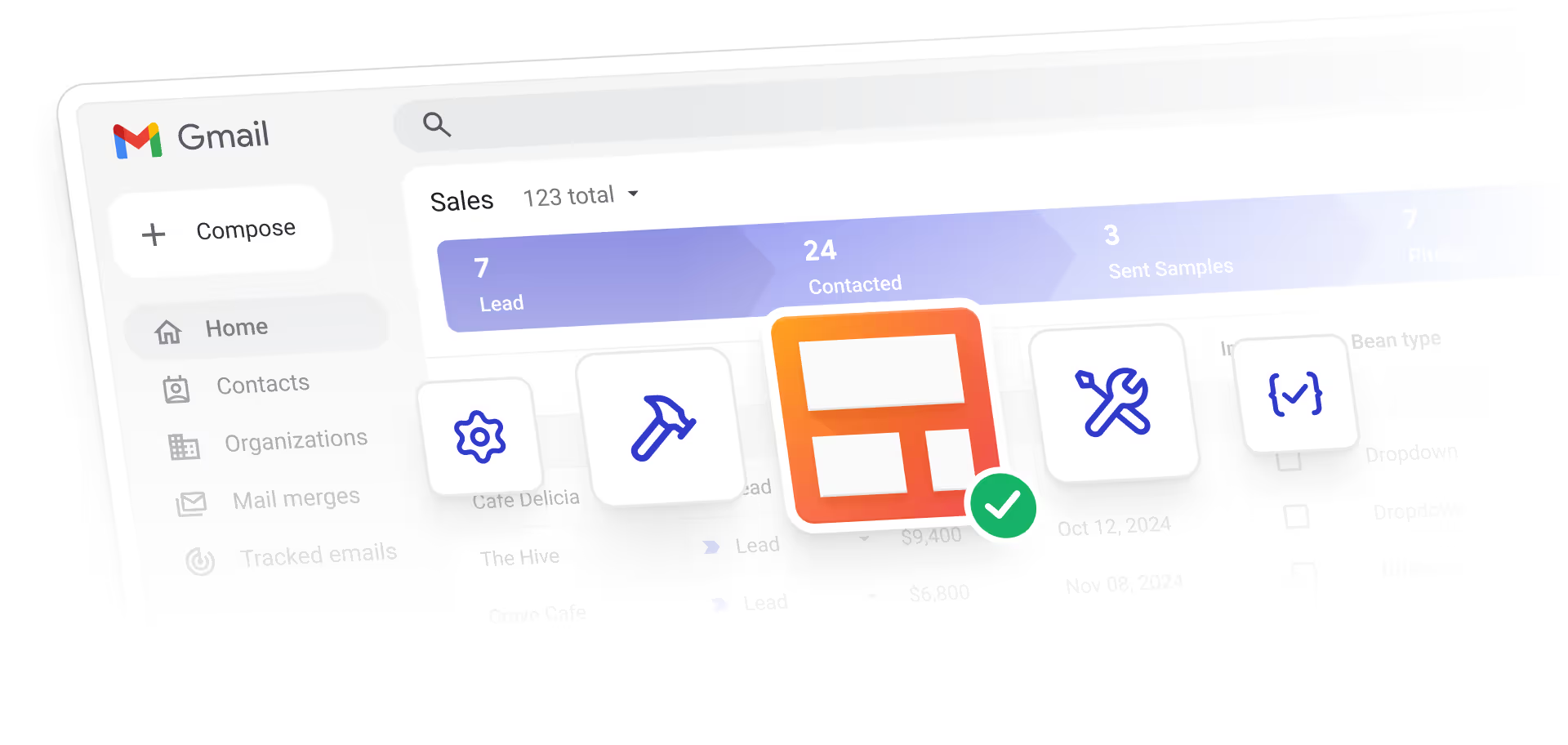You've done all the hard work of job searching — aced your interviews, impressed the hiring manager, and maybe even received a job offer. But now, you need to provide a list of professional references for your potential employer to contact because your job offer says that references will be checked before finalizing the position.
Your job quite literally depends on it.
So, where do you go to find professional references? Who should you ask? And how do you ensure they'll provide a glowing review of your work ethic and character? Here's what you need to know.
<a href="#what-are-references" class="anchor-link">What are references?</a>
<a href="#character-references" class="anchor-link">What are character references?</a>
<a href="#why-need-references" class="anchor-link">Why do you need professional references?</a>
<a href="#choose-professional-reference" class="anchor-link">How to choose a professional reference?</a>
<a href="#choose-as-reference" class="anchor-link">Who to choose as a professional reference?</a>
<a href="#avoid-as-reference" class="anchor-link">Who to avoid as a professional reference?</a>
<a href="#include-on-resume" class="anchor-link">How to include professional references on resume?</a>
<a href="#win-professional-references" class="anchor-link">How to win professional references?</a>
<a href="#keep-references-updated" class="anchor-link">How to keep professional references updated?</a>
<div class="anchor-wrapper"><div id="what-are-references" class="anchor-target"></div></div>
What are professional references?
Professional references are individuals who can vouch for your skills, experience, and work ethic. They may be former or current colleagues, supervisors, mentors, or even clients. Essentially, they're people who have worked closely with you and can attest to your professional abilities. Employers use these references to validate the information provided in job seekers' resumes and during interviews.
<div class="anchor-wrapper"><div id="character-references" class="anchor-target"></div></div>
What are character or personal references?
Professional references aren't to be confused with character or personal references.
While professional references focus solely on your professional abilities, character references or personal references speak to your character, moral values, and personal traits. These can be friends, family members, or community leaders who can attest to your personality and integrity. In other words, it's fine if a personal reference knows you outside of a work context.
<div class="anchor-wrapper"><div id="why-need-references" class="anchor-target"></div></div>
Why do you need professional references?
Whenever you're seeking employment, you'll almost always be asked to provide at least 2-3 professional references, so it's important to have them ready.
If you're wondering why you're asked for them, it's because employers want to ensure they're hiring a reliable, trustworthy, and skilled individual. They want to know how you performed in previous work environments and what your colleagues and supervisors think of you. References provide valuable insight into your character and abilities, which can make or break your chances of getting the job.
Think about it this way: at all the previous stages of the hiring process, you've been able to control what information you present, from your resume to your interview answers. Your employer wants some answers that are out of control and based on others’ perceptions of you to make an informed, holistic decision.
<div class="anchor-wrapper"><div id="choose-professional-reference" class="anchor-target"></div></div>
How do you choose a professional reference?
Since your job references will be speaking on your behalf, it's important to choose them carefully. From having a professional relationship with them to knowing they'll speak highly of you, there are certain criteria you should consider when selecting your professional references.
What are the qualities of a good professional reference?
- A professional reference should know you well: This means they should have worked with you for a significant amount of time and have a good understanding of your strengths, capabilities, and work ethic.
- They should speak highly of you: Your references should be able to talk about your positive qualities, skills, and accomplishments. They should also be able to provide specific examples of how you've excelled in your role and speak about you in a positive light that makes you a desirable candidate.
- They should have worked with you recently: We all grow and develop over time, so it's best to choose references who have worked with you during the past few years. This way, they can provide a more accurate and up-to-date evaluation of your abilities and character.
<div class="anchor-wrapper"><div id="choose-as-reference" class="anchor-target"></div></div>
Who should you choose as a professional reference?
Now, more precisely, who should you choose to give you a stellar professional reference? Here are some popular, excellent options:
Current manager or supervisor
Your current manager or supervisor can be a great choice for a professional reference. They have first-hand experience working with you and can speak to your current skills, work ethic, and strengths. However, be sure that your current employer is aware of your job search and that this won't put your current job in jeopardy before listing them as a reference.
Former boss, employer, or client
Another excellent choice for a professional reference could be your former boss, previous employer, or even a previous client. They have seen your work in action and have a good understanding of your skills and accomplishments. Just be sure to ask for their permission before listing them as a reference, especially if you haven't been in touch with them for a while.
Friend or colleague at the same company
If you happen to know someone at the company you're applying to, that person would make a great professional reference. A positive reference from someone who's already working at the company can go a long way in showcasing your compatibility and fit for the role. Plus, their word may hold more weight with the prospective employer.
One caution here: make sure an internal reference like this can speak to your professional skills and work ethic, not just your personal relationship.
Fellow interns at your internship
If you're applying for a job after completing an internship, consider reaching out to your fellow interns for a reference. They have worked closely with you and can speak to your skills and contributions during the internship. Plus, they may be able to provide examples of how you work in a team or handle projects, which can be valuable for prospective employers.
Professor or teacher
Finally, if you've just graduated or are still in school, professors or teachers would be fantastic professional references. These individuals have seen your academic abilities and can also speak to your work ethic, time management skills, and any other relevant qualities. They may also be able to provide specific examples of projects or assignments you completed that demonstrate your skills.
One note here: only choose a professor or teacher who knows you well and can speak positively about your potential as an employee. A vague reference is almost worse than no reference at all.
<div class="anchor-wrapper"><div id="avoid-as-reference" class="anchor-target"></div></div>
Who should you avoid as a professional reference?
Some people make great professional references and some people do not. Here are a few examples of people who look like red flags to employers:
Family and friends
Family and friends are never a good choice as professional references because they are wildly biased. While they may be able to speak about your character and personal qualities, they don't have the professional experience or knowledge of your work that potential employers are looking for. Potential employers want a professional, honest opinion, and family and friends may not be able to provide that.
Fake and irrelevant references
Because of their level of importance, it may be tempting to create fake or irrelevant references. However, this is a huge red flag for potential employers and could damage your professional reputation. Save yourself the trouble and stick to real people who have relevant professional experiences with you.
People who may speak negatively about you
You probably have a sense of which individuals in your life may not have the most positive things to say about you. Even if they have relevant professional experience, it's best to avoid asking them for a positive professional reference. This includes former colleagues or supervisors with whom you didn’t get along very well.
<div class="anchor-wrapper"><div id="include-on-resume" class="anchor-target"></div></div>
How do you include professional references on a resume?
It's no longer the norm to list references on your resume or even to write "references available upon request." Instead, you can have a job reference list prepared to present when it's requested. Here are three tips for that:
- Provide full contact information for your references, including their name, job title, company, email address, and phone number. It's also helpful to include a brief description of how you know them (i.e. former supervisor, colleague).
- Constantly update your reference list to include current and relevant contacts. This ensures that you have the most up-to-date references available when you need them.
- Make sure the document is visually appealing and easy to read. This can include formatting the list in a clean and organized manner, using bullet points or headings, and making sure all information is accurate.
<div class="anchor-wrapper"><div id="win-professional-references" class="anchor-target"></div></div>
How to win professional references for a job search
When you're requesting a reference from someone, make sure to do so professionally and politely. There's an etiquette to it, and you want to make sure that your potential reference feels comfortable providing a positive recommendation for you. Here are some tips:
- Ask for their permission beforehand – this shows respect and allows you to gauge their reaction and willingness to provide a reference.
- Give them enough notice before you need the reference so they have time to think about it and prepare.
- Provide a brief job description and tell them your objectives for the position. This will help them tailor their response and highlight relevant skills or experiences.
- Give them insights into the types of questions an employer may ask so they can be prepared to provide valuable responses.
- Know what your references will say about your work qualities and use that information to support your job application. This will show potential employers you’re consistent and credible.
- Confirm their contact information, including email addresses and phone numbers, so that you have their most accurate information. To stay organized, you could use a CRM like Streak to keep track of your references and their contact information. This can also help you stay on top of updating your reference list as needed.
<div class="anchor-wrapper"><div id="keep-references-updated" class="anchor-target"></div></div>
How to keep professional references up to date
A successful job search often hinges on strong professional references. But since everyone’s personal and professional lives are always evolving, it’s challenging to keep up with changes in contact information and work experiences. This is where Streak comes in; it’s a place to make prompt updates to your professional references.
Streak is a customer relationship management (CRM) tool that helps you stay organized and on top of your references' contact information. With its user-friendly interface, you can easily add and update each reference’s information as needed, ensuring you always have the most accurate contact details. This is especially useful for those who have a large network of professional contacts or frequently change jobs.
Moreover, Streak allows you to create custom fields for each reference, such as their job title or relationship to you. This can come in handy when reaching out to specific references for different job opportunities. Streak also offers the option to add notes or reminders about your interactions with each reference, making it easier to keep track of who you've reached out to and when.
Plus, since it's specifically for Gmail and integrates with it, you can both gather and access reference information in one convenient location. Not to mention, you can track emails, get notified when they're opened, and much more.
Curious? Give it a try for free.



















